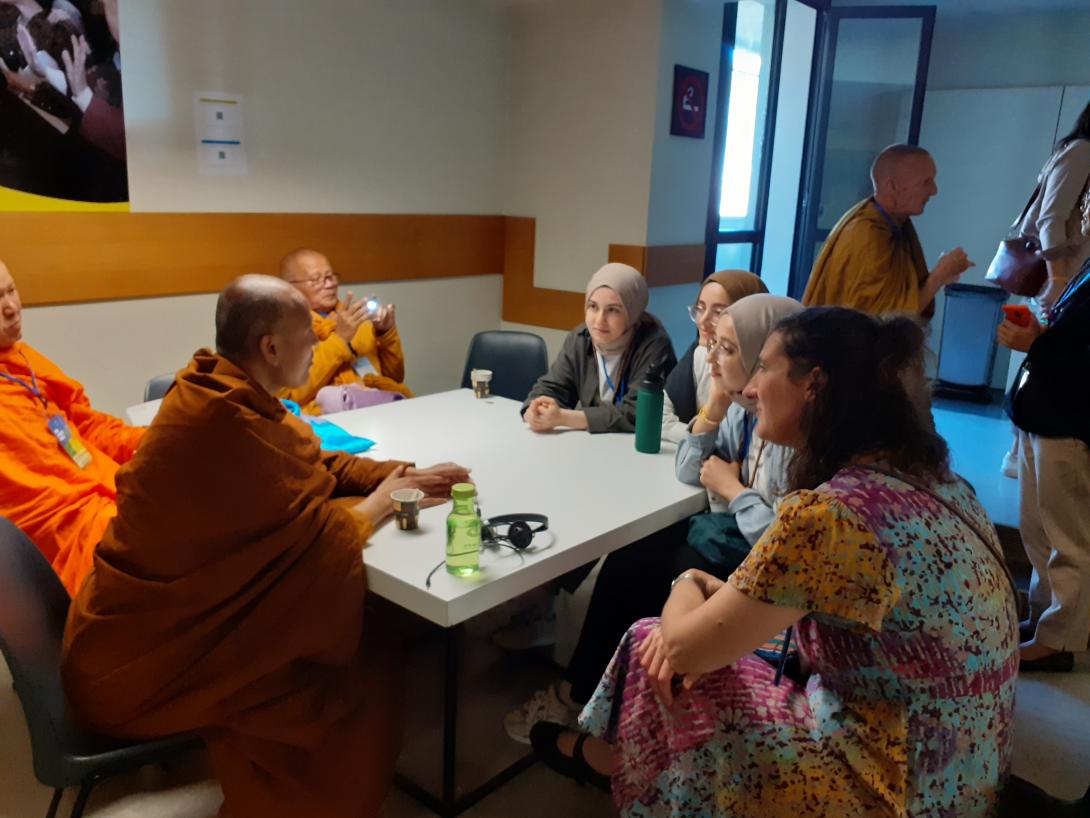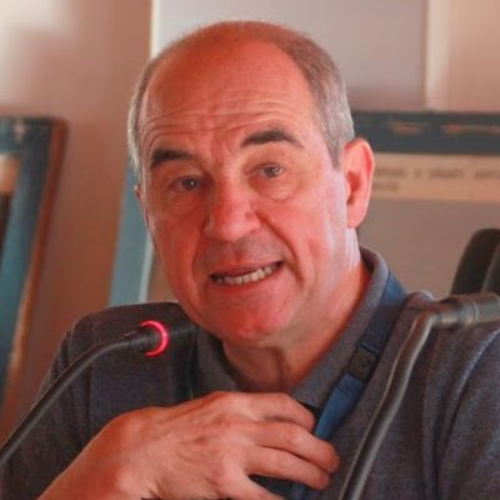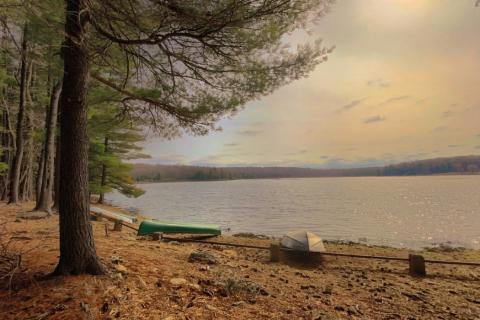
A moment of dialogue among the participants in the international interreligious gathering "One Human Family". Image courtesy of Roberto Catalano
I have recently spent five days of total immersion with about 500 people from all over the world. Among them were rabbis, imams, Catholic priests, and a minister; Theravada and Mahayana Buddhist monks, as well as Jewish, Muslim, Christian, Hindu, Buddhist, Sikh and Baha'i laypeople. Young and old were there to bear witness, as the title of the conference stated, we are One Human Family.
The conference began on May 31 at the Mariapolis Centre of Castel Gandolfo, in Rome, and concluded on June 4 in Assisi.
Someone—not present—called it a “trivial” title, underlined by another conviction—again by an absentee—of the triviality of those who would promote such an initiative. This interreligious conference was sponsored by the Focolare Movement.
Those who experienced our days together agreed that they were transforming; that they allowed participants to experience a shared and true fraternity. For instance, one morning a Jewish friend confided in me her discomfort at what a Muslim had said the previous day. The reaction would have been quite different ten years ago, she told me. Time has honed the training to dialogue with everyone and at all costs. That friend had realized she could not leave the door open to feelings that would lead her to react, especially in these months of wars, massacres, kidnappings, and bloodshed, and the resulting polarization.
I spent the first two days of the conference with a group of about fifty animators (Jews, Christians, Muslims, Hindus, Buddhists, and Baha'i) of this dialogue, committed to deepening the spirituality that enables the practice. The effects produced by years and decades of practice, far from being taken for granted, became evident.
Above all, this time, there were no longer groups closed within their own culture, language, or religion.
A moment of prayer during the interreligious gathering "One Human Family". Image courtesy of Roberto Catalano
One day, at the end of lunch, I saw an Orthodox Jewish woman eating with Muslims. One afternoon, two monks were talking to a group of Turkish Muslim women living in Germany. Above all, this time, there were no longer groups closed within their own culture, language, or religion. Only the Buddhist monks were anticipating everyone to observe the lunch time, which in the sangha (their monastic community) requires meals to be eaten before noon. On the third day, the group grew to 300 people, also of different ethnicities, cultures and religions, and they began to address the burning issues of today.
Experts from different faiths discussed religion and peace, with a focus on international relations. Economics was also addressed, and artificial intelligence. On the final day, Sunday, with 500 people present, we heard an articulate roundtable discussion on “Religions and Peace with Creation.” Before a packed hall and in absolute silence, an American Christian, a Japanese Buddhist, a rabbi of Algerian origin now living in Tel Aviv, a Hindu from South India ,and an Indonesian Muslim spoke. As the rabbi said, “We caught sparks of wisdom and holiness.”
These were challenging sessions, even heavy, some, and very interactive, others. The protagonists, all experts with different backgrounds and well-defined religious roots, contributed to the cultural dimension of a dialogue experience. Yet, all this was never at the expense of real experiences in daily life. We were privileged to witness the fruit of unique experience, of years, often decades, of religious commitment. These are people who have been transformed, while remaining anchored to their culture and religion, and who have deepened their commitments through interreligious dialogue.
Some students from the Sophia Institute were with me. The feeling was that they felt transformed by this experience, and I cannot blame them. The same happened to me. I felt transformed, in heart and mind, by an increasingly profoundly prophetic adventure. This is the experience that has characterized the last thirty years of my life and for which I will never be grateful enough to those who have proposed it to me and encouraged me to follow.
Yet, I must admit that, at times, it is easy to listen to those who say that working for dialogue is foolish, or perhaps, banal. What I’ve learned is that what counts most of all in dialogue—especially interreligious dialogue—is to be there. You have to show up.
If you enjoyed this article, you might like...














